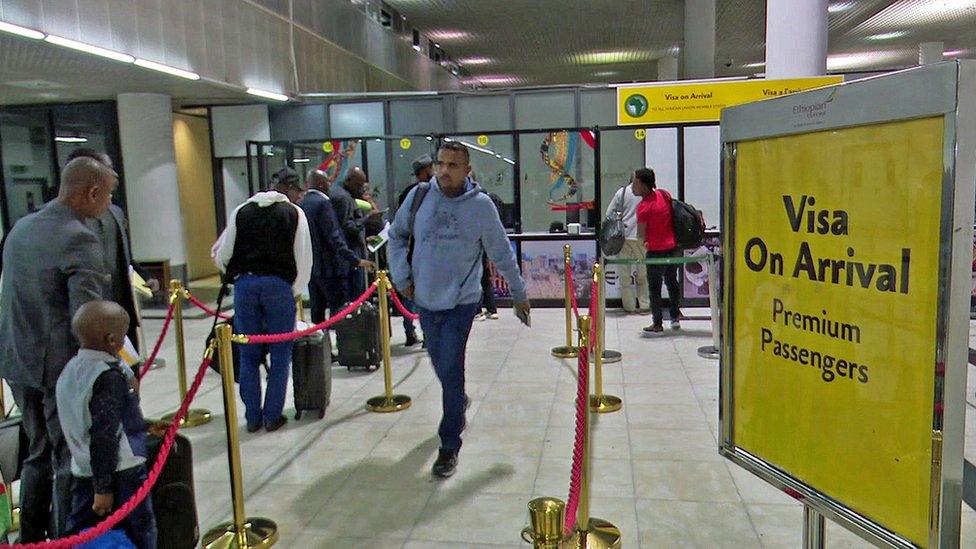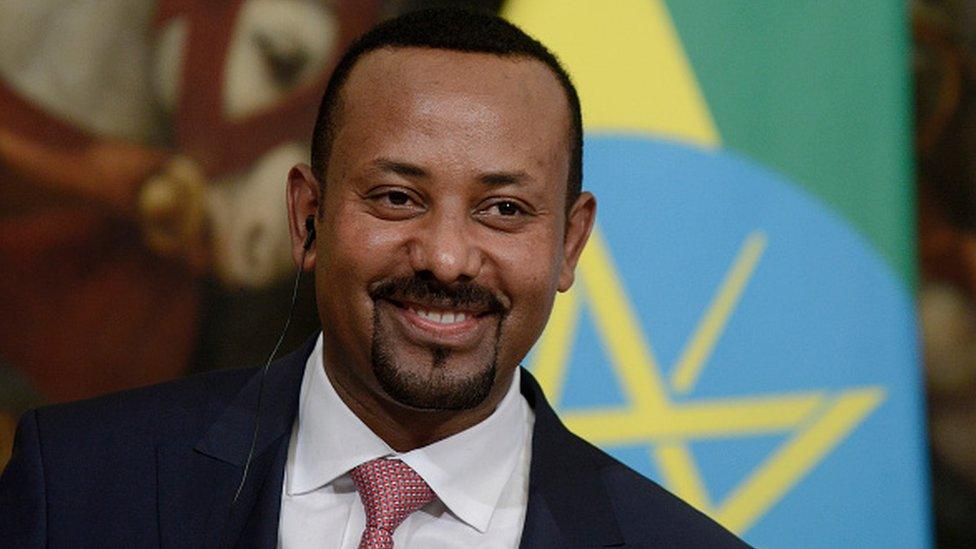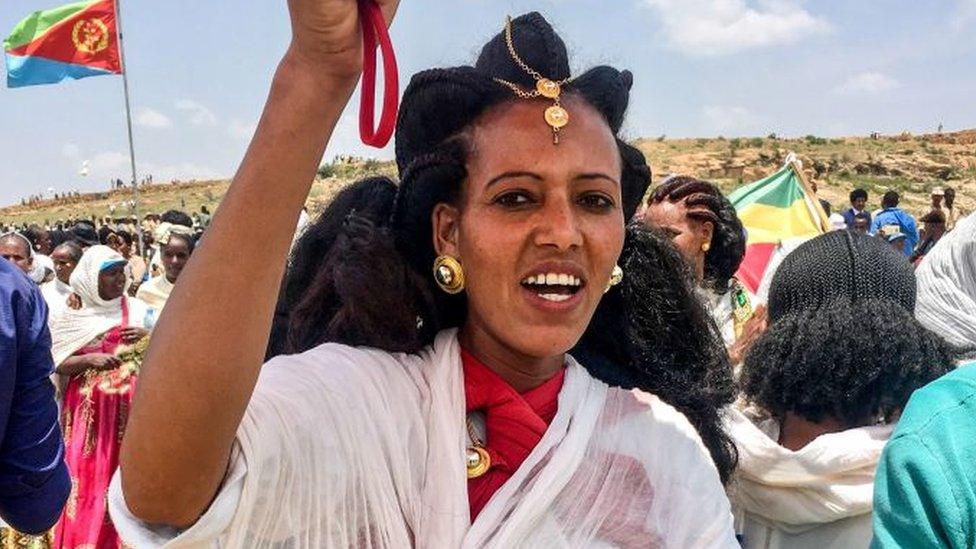Ethiopia relaxes visa rules to boost economy
- Published

In November, Ethiopia finally opened up its borders by relaxing visa requirements.
Previously, the country ranked 50 out of all 54 African nations for visa openness, according to the African Development Bank.
All African nationals now receive visas on arrival, as part of efforts to make free movement within Africa possible.
For many Africans, multiple visas are still required for intercontinental travel.
It's only been a few months, but the new visa scheme has brought smiles to many travellers.
Cameroonian traveller Elvis Achunzi told the BBC that previously his firm would have to spend a lot of time to ensure employees could get their visas before travelling to Ethiopia.
"We had to struggle with our partners here in Ethiopia to get a pre-arrangement with the immigration," he said.
The Ethiopian government is hoping that simplifying visas will have long term benefits, such as boosting its economy.
Boosting the economy
"This social bond of interaction of Ethiopians with the rest of Africa systems could be more facilitated, and the flow of business and investment and of course tourism could be easily felt here in Ethiopia," said Sileshi Demisew, a spokesman for Ethiopia's immigration department.
But the problem is that not all African nations are playing ball.
African nations are relaxing visa restrictions
Some countries are still dragging their feet when it comes to border access, and analysts feel decisions need to be taken as a bloc, rather than by individual nations.
The African Union (AU) set out a roadmap for the continent that was adopted by all members states in 2013.
As part of that plan, all African nations were supposed to scrap visa requirements for all African citizens by 2018.
However, a recent AU report found that Africans can travel without a visa to just 22% of other African countries.
"I don't think we should need visas to travel around Africa as we are one continent and we should be like a united nation all across Africa," South African traveller Precious told the BBC.
- Published27 February 2019

- Published9 January 2019
